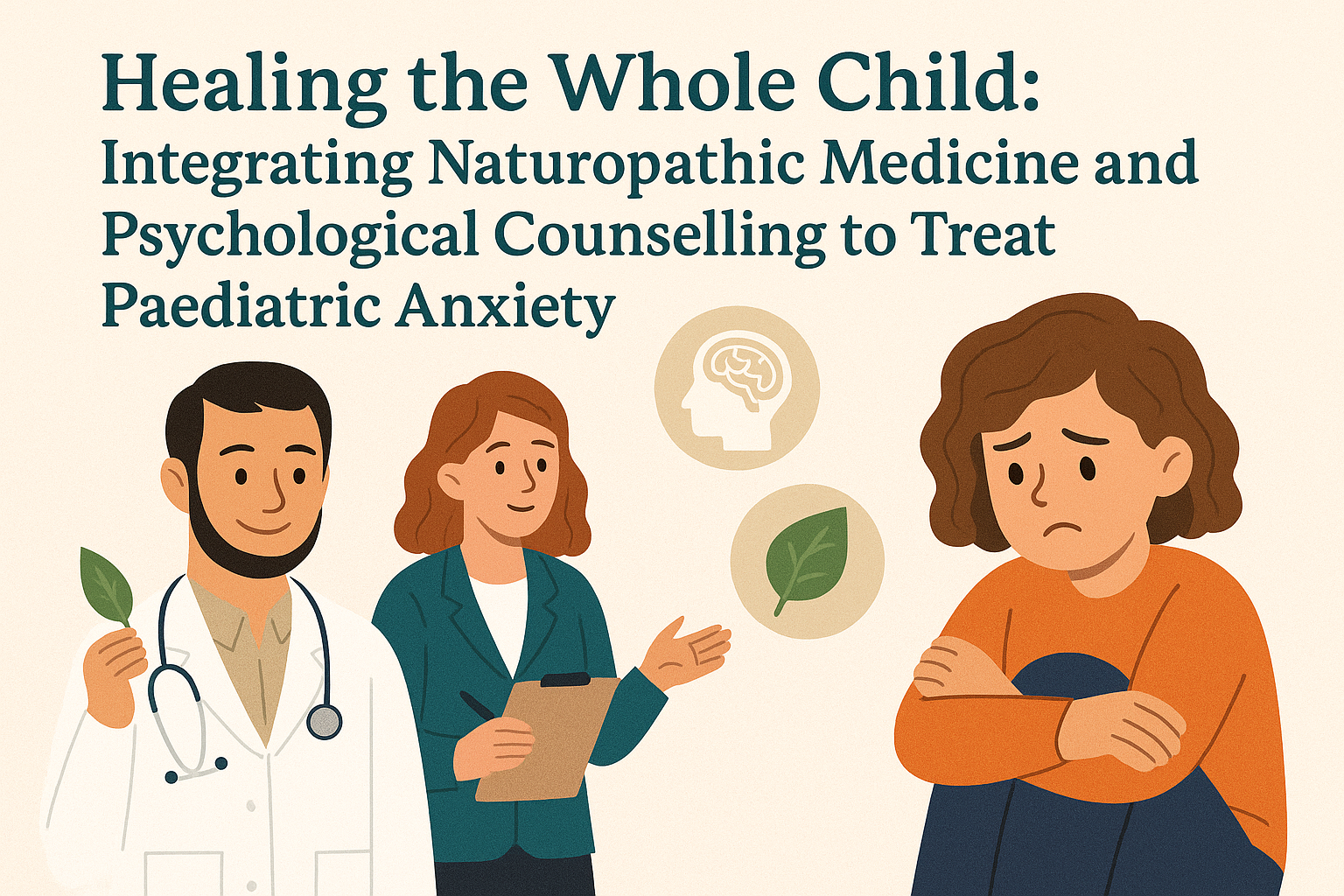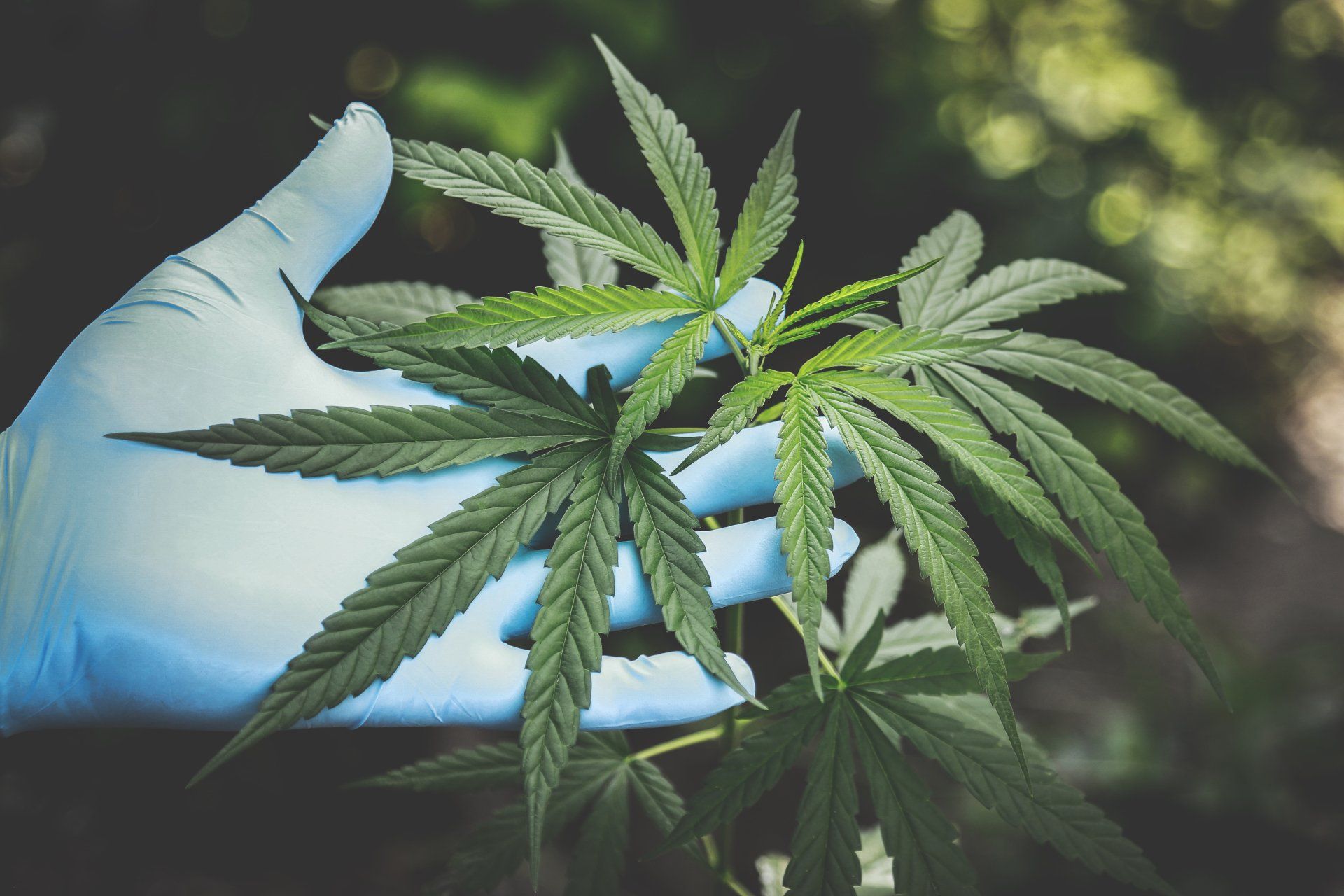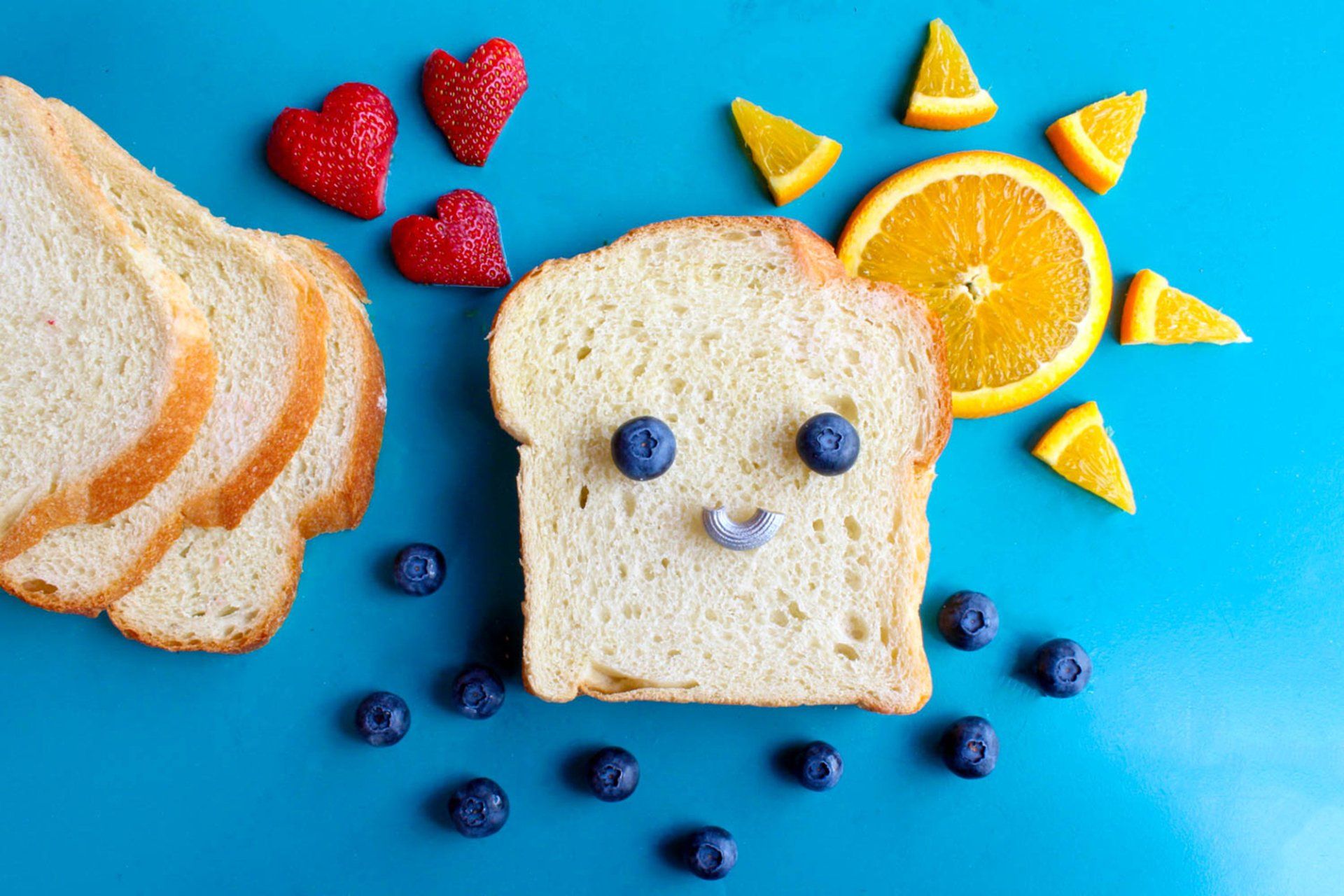Nurturing The Microbiome: A Parent's Guide to Prebiotics for Kids
In the quest for optimal health and wellness, a buzzword that's risen to the forefront is 'gut health'. This intricate ecosystem of microorganisms living in our digestive tracts has been found to have an incredible impact on not just our physical health, but also our mental well-being. But while gut health might seem like a concern tailored to health enthusiasts and adults, it's equally, if not more, vital for our children. Understanding what tools we have at our disposal to nurture our children's gut microbiome and lay a foundation for lifelong health is paramount.
Enter prebiotics — the lesser-known hero in the world of gut health and nutrition. Unlike probiotics (which are live beneficial bacteria), prebiotics are a type of fibre that acts as food for these good bacteria, helping them to thrive and maintain a balanced gut environment. This extensive guide is designed for parents, nutrition enthusiasts and health-conscious families to illuminate the path to cultivating a robust gut environment in their kids through the use of prebiotics.
The Gut's Harmonious Garden
Imagine the gut as a garden. Within this complex system are trillions of bacterial inhabitants that play a pivotal role in your child's overall health. They assist in digesting food, producing nutrients, regulating metabolism, and providing integral support to the immune system. When their garden (the gut) is well-tended, it flourishes with 'good' bacteria, leading to a host of benefits, from enhanced nutrient absorption to bolstering the body's natural defences against illness.
Sowing the Seeds of Health
Just as a garden requires careful attention, so does the gut. And prebiotics are like the seeds that allow healthy flora to grow. The key function of prebiotics is to encourage the growth and activity of beneficial bacteria such as Bifidobacteria and Lactobacilli, which are known to be crucial for a child's development and maintenance of immune health. But where can parents find these prebiotic seeds to sow in their children's digestive gardens?
Prebiotics 101: What You Need to Know
What Are Prebiotic Foods?
Prebiotic foods are rich in fibre, specifically non-digestible fibres like inulin, fructooligosaccharides (FOS), and oligofructose. These can be found in a variety of plant-based foods, with some of the best sources being chicory root, garlic, onions, leeks, asparagus, green bananas, and whole grains.
Preparing the Soil for Growth
Before we can expect the gut garden to flourish, we need to ensure the soil (the gut environment) is ready. This is where a balanced and varied diet is crucial. Children need to consume a range of foods that include complex carbohydrates, particularly those high in fibre, to provide the prebiotic foundation their gut microbiome can thrive upon.
Sowing Seeds of Health through Diet
The Benefits of a Prebiotic-Rich Diet
Incorporating prebiotic-rich foods into a child's diet can lead to numerous health benefits. These include:
- Improved Digestion: Prebiotics help regulate bowel movements and can alleviate symptoms associated with constipation.
- Enhanced Nutrient Absorption: A healthy gut increases the body's ability to absorb vitamins and minerals.
- Strengthened Immune System: The gut houses 70% to 80% of the body's immune cells, and prebiotics can enhance their functionality.
- Mood and Behaviour: Emerging research suggests a link between gut health and neurological function, with prebiotics potentially playing a role.
Cultivating a Taste for Prebiotic Foods
For some children, the strong flavours of foods high in prebiotics, such as onions or asparagus, can be off-putting. Parents can employ creative cooking methods, like roasting or caramelizing vegetables, to make them more palatable. It's also important to introduce new foods gradually and never pressure a child to eat something they don't like. Teaching by example, and making meals a family affair, can also encourage children to eat a wider range of foods.
Common Misconceptions About Prebiotics
They're Not Just for Adults
It's often thought that prebiotics are more important for adults, but that's far from the truth. Children's guts are still developing and are especially receptive to prebiotics. It’s during childhood that the foundations of the gut microbiome are laid, so a diet rich in prebiotics is especially important during this time.
Supplements Aren't Always Necessary
While prebiotic supplements can be a convenient way to ensure intake, the best source of prebiotics is whole foods. Supplements don't provide the same range of nutrients as whole foods and can't mimic the synergistic effect that a varied diet offers.
Planting a Seed of Change
Practical Tips for Parents
In a world where processed and fast foods are often the easiest options, it's essential for parents to be proactive in cultivating a prebiotic-rich diet for their children. Here are some practical tips to get started:
- Shop smart: Fill your cart with a rainbow of fruits and vegetables, whole grains, and legumes.
- Cook creatively: Experiment with recipes that incorporate prebiotic-rich foods.
- Make it a habit: Consistency is key. Incorporate prebiotics into your child's diet on a regular basis.
- Normalize these foods: The more exposure your child has to these foods, the more likely they are to accept and enjoy them.
Fertilizing the Future
The discussion of gut health for children encapsulates the concept of preventive wellness, shaping the health of future generations. By understanding the role of prebiotics and actively seeking to incorporate them into the daily routine of a child's diet, parents are investing in their health and helping them grow into strong, thriving individuals. And while the concept may seem complex, the approach is straightforward — eat a variety of whole, plant-based foods high in prebiotics. It's a small intervention with the potential for profound, lifelong effects.
In a time where the easy choices don't always lead to the healthiest outcomes, the conscious decisions parents make to nourish their child's microbiome are pivotal. By providing the right conditions for the gut to flourish, we're not just feeding our children's bodies; we're nurturing the potential for a truly fulfilling and healthy life.









